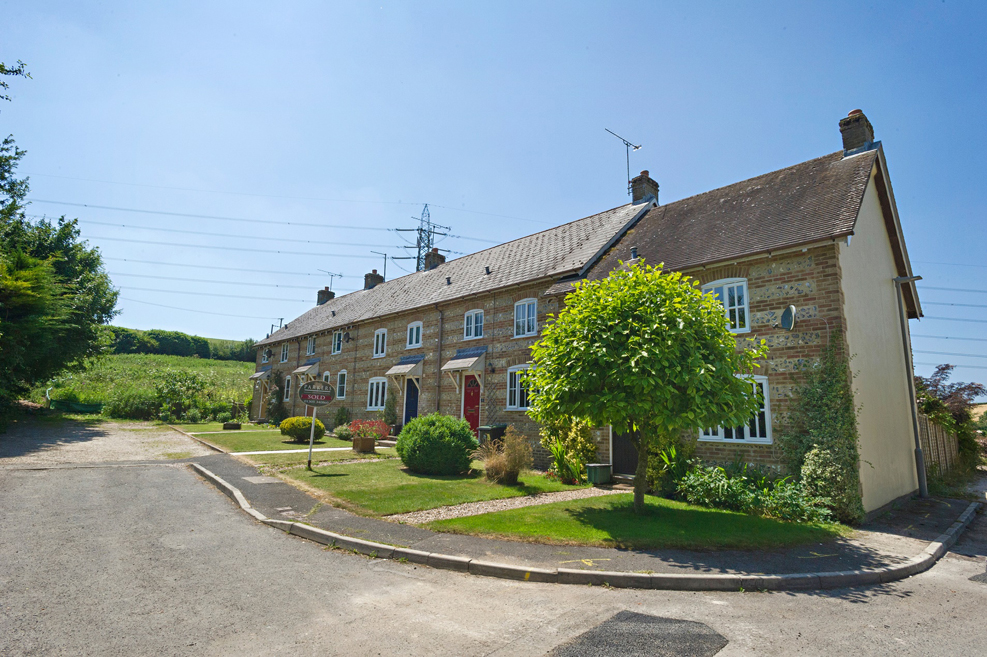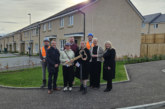
Providing a small number of affordable homes which meet the needs and aspirations of local people could make the difference between village shops, post offices, pubs and schools staying open and available for the wider community or being forced to close, says Stonewater.
This warning from social housing provider Stonewater, one of the largest developers of affordable housing in rural villages and market towns across the country, coincides with Rural Housing Week (2nd to 6th July). Around one in five (19%) people in England live in rural communities with populations under 10,000, yet only 8% of housing in these areas is affordable compared with 20% in urban centres.
“Quality affordable housing must be recognised as a force for good in our rural communities because it drives investment, creates jobs and is vital to the long-term health of our country towns and villages,” said Jonathan Layzell, Stonewater Executive Director for Development. “More than 40,000 new homes are needed in rural parts of the country annually, but they have to be the right mix of housing, in the right location that meets the needs of the community to deliver growth and economic prosperity.”
Failure to deliver these homes could see many of our rural towns, villages and hamlets ending up with no-one to run local shops, pubs and services. Already, over-65s account for 23% of rural populations compared with 17% in urban centres. This figure is expected to rise to 50% by 2039.
Tackling ‘nimbyism’
Stonewater believes one of the main drivers of an ageing rural population is the housing affordability gap which continues to widen for households. While house prices in some rural communities can be as much as 13 times average household earnings, even the most affordable housing is more than eight times typical local salaries. This compares with seven times in urban areas where annual pay is 5% higher.
“We have a broken rural housing market and the fix is not to build huge swathes of generic affordable schemes on the fringes of settlements that communities don’t want, don’t need and resent,” says Jonathan. “If we want to stop ‘nimbyism’ and speed up planning consents, we should build well-sited, small-scale developments which residents want and are proud of; ones which are also sensitive to the character of the area and contribute to sustaining local services and businesses for the future. As a major provider of affordable rural housing, Stonewater builds small-scale housing schemes in market towns and villages across the country and the positive impact on the sustainability of those communities is significant.”
Stonewater’s small rural developments across the country offer a mix of tenures ranging from low-cost starter homes to large family houses which include properties for affordable rent, rent to buy or affordable shared ownership.
Jonathan added: “These small schemes are successful because they work with the community and add value. They are also built by local builders who employ local people, creating jobs and trade apprenticeship opportunities during their construction.”
Loss of shops and services
The growing shortage of affordable housing and the high cost of living in the countryside is having a significant impact on the survival of local pubs, post offices and GP surgeries. In the past five years, 183 rural post offices have closed, including 46 in the South-west, which houses England’s largest rural population. A further 1,365 pubs and 56 schools have also closed their doors nationally since 2013.
“What we are seeing is a slow decline of rural life and the loss of services and facilities that will never be replaced,” said Jonathan. “But we can reverse this trend through the delivery of small, sensitive affordable housing schemes that enhance the community and generate sustainable growth. This approach could well shift the conversation from ‘not in my back yard’ to ‘When can we have it?’”
Picture above is one of Stonewater’s rural housing developments.








